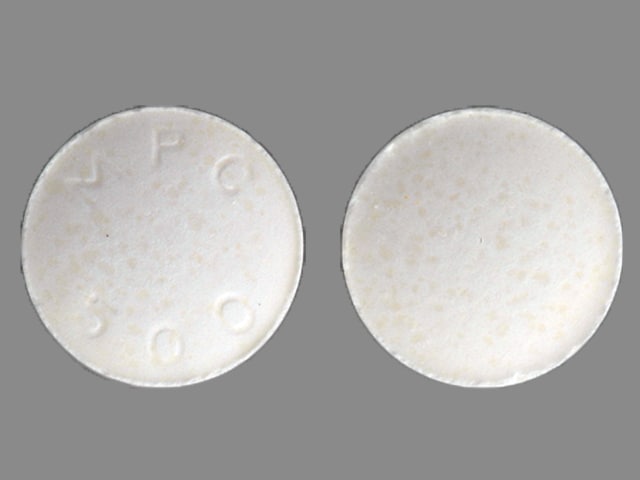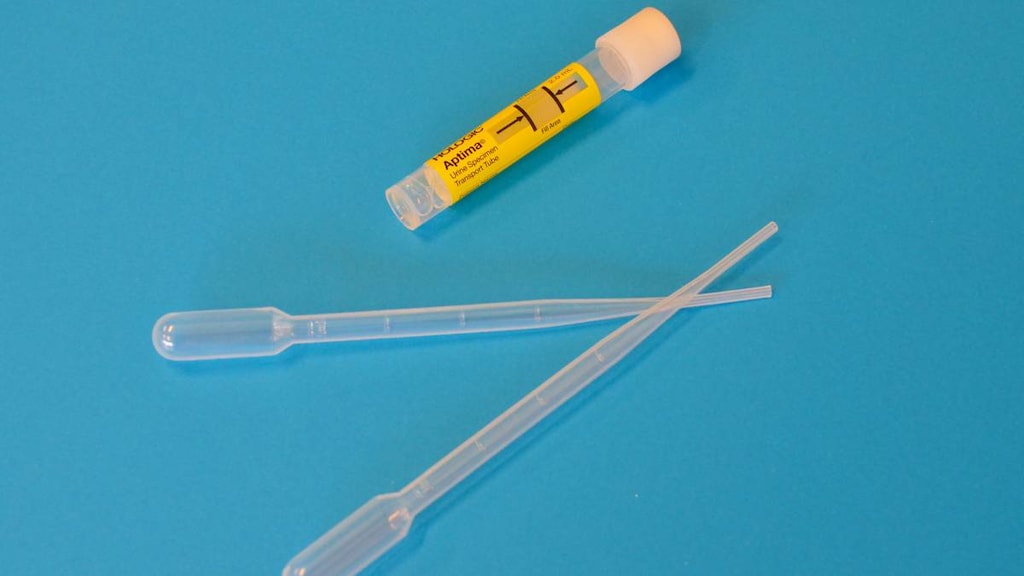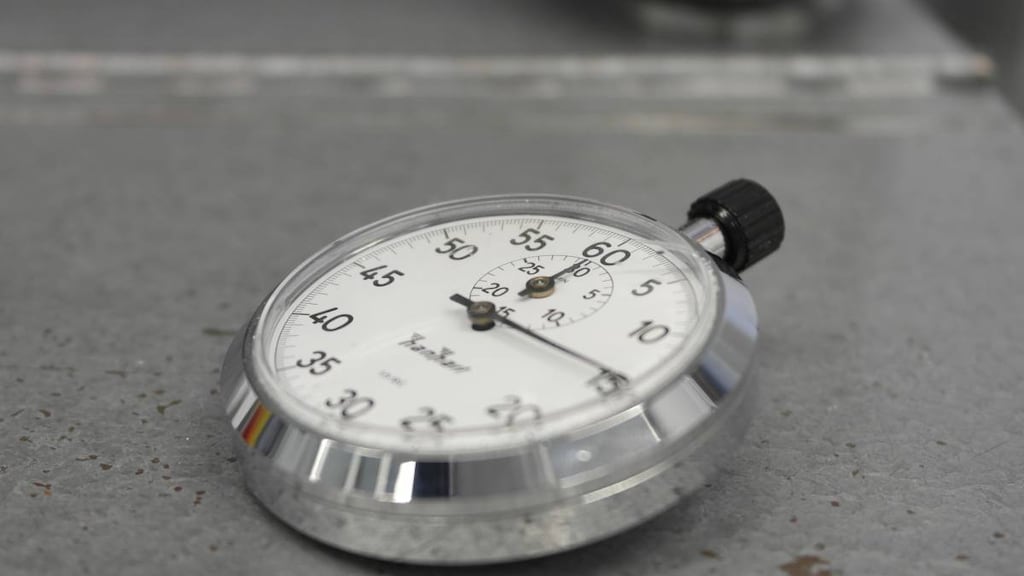What is Lithostat used for?
- Lithostat is used to lower the level of ammonia in the urine, which may help with some types of urinary infections.
Before taking Lithostat, tell your doctor:
- If you are allergic to Lithostat; any part of this medicine; or any other drugs, foods, or substances. Tell your doctor about the allergy and what signs you had.
- If you have a bladder infection that can be treated by other drugs or surgery.
- If you have kidney disease.
- If you are pregnant or may be pregnant. Do not take Lithostat if you are pregnant.
- If you are able to get pregnant and are not using birth control.
- If you are breast-feeding or plan to breast-feed.
This is not a list of all drugs or health problems that interact with this medicine.
Tell your doctor and pharmacist about all of your drugs (prescription or OTC, natural products, vitamins) and health problems. You must check to make sure that it is safe for you to take Lithostat with all of your drugs and health problems. Do not start, stop, or change the dose of any drug without checking with your doctor.
What are some things I need to know or do while I take Lithostat?
- Tell all of your health care providers that you take Lithostat. This includes your doctors, nurses, pharmacists, and dentists.
- Have blood work checked as you have been told by the doctor. Talk with the doctor.
- Some people have had a rash with redness, warmth, and tingling after drinking alcohol while taking Lithostat. The rash usually happens 30 to 45 minutes after drinking alcohol, and goes away within 30 to 60 minutes. Talk with your doctor before you drink alcohol with Lithostat.
- This medicine may cause harm to the unborn baby if you take it while you are pregnant.
- Use birth control that you can trust to prevent pregnancy while taking Lithostat.
- If you are pregnant or you get pregnant while taking Lithostat, call your doctor right away.
How is Lithostat best taken?
Use Lithostat as ordered by your doctor. Read all information given to you. Follow all instructions closely.
- Take on an empty stomach. Take 1 hour before or 2 hours after meals.
- Do not take iron, multivitamins, or other products that contain iron with Lithostat.
- Keep taking Lithostat as you have been told by your doctor or other health care provider, even if you feel well.
What do I do if I miss a dose?
- Take a missed dose as soon as you think about it.
- If it is close to the time for your next dose, skip the missed dose and go back to your normal time.
- Do not take 2 doses at the same time or extra doses.
What are the side effects of Lithostat that I need to call my doctor about immediately?
WARNING/CAUTION: Even though it may be rare, some people may have very bad and sometimes deadly side effects when taking a drug. Tell your doctor or get medical help right away if you have any of the following signs or symptoms that may be related to a very bad side effect:
- Signs of an allergic reaction, like rash; hives; itching; red, swollen, blistered, or peeling skin with or without fever; wheezing; tightness in the chest or throat; trouble breathing, swallowing, or talking; unusual hoarseness; or swelling of the mouth, face, lips, tongue, or throat.
- Chest pain or pressure.
- Swelling, warmth, numbness, change of color, or pain in a leg or arm.
- A heartbeat that does not feel normal.
- Dark urine or yellow skin or eyes.
- Feeling very tired or weak.
- Very upset stomach or throwing up.
- Low mood (depression).
What are some other side effects of Lithostat?
All drugs may cause side effects. However, many people have no side effects or only have minor side effects. Call your doctor or get medical help if any of these side effects or any other side effects bother you or do not go away:
- Headache.
- Feeling nervous and excitable.
- Anxiety.
- Feeling tired or weak.
- Upset stomach or throwing up.
- Not hungry.
- Shakiness.
- Hair loss.
These are not all of the side effects that may occur. If you have questions about side effects, call your doctor. Call your doctor for medical advice about side effects.
You may report side effects to the FDA at 1-800-332-1088. You may also report side effects at https://www.fda.gov/medwatch.
If overdose is suspected:
If you think there has been an overdose, call your poison control center or get medical care right away. Be ready to tell or show what was taken, how much, and when it happened.
Lithostat Images
How do I store and/or throw out Lithostat?
- Store at room temperature.
- Store in a dry place. Do not store in a bathroom.
- Keep all drugs in a safe place. Keep all drugs out of the reach of children and pets.
- Throw away unused or expired drugs. Do not flush down a toilet or pour down a drain unless you are told to do so. Check with your pharmacist if you have questions about the best way to throw out drugs. There may be drug take-back programs in your area.
Consumer information use and disclaimer
- If your symptoms or health problems do not get better or if they become worse, call your doctor.
- Do not share your drugs with others and do not take anyone else's drugs.
- Some drugs may have another patient information leaflet. Check with your pharmacist. If you have any questions about Lithostat, please talk with your doctor, nurse, pharmacist, or other health care provider.
- If you think there has been an overdose, call your poison control center or get medical care right away. Be ready to tell or show what was taken, how much, and when it happened.
This information should not be used to decide whether or not to take Lithostat or any other medicine. Only the healthcare provider has the knowledge and training to decide which medicines are right for a specific patient. This information does not endorse any medicine as safe, effective, or approved for treating any patient or health condition. This is only a brief summary of general information about this medicine. It does NOT include all information about the possible uses, directions, warnings, precautions, interactions, adverse effects, or risks that may apply to Lithostat. This information is not specific medical advice and does not replace information you receive from the healthcare provider. You must talk with the healthcare provider for complete information about the risks and benefits of using this medicine.





